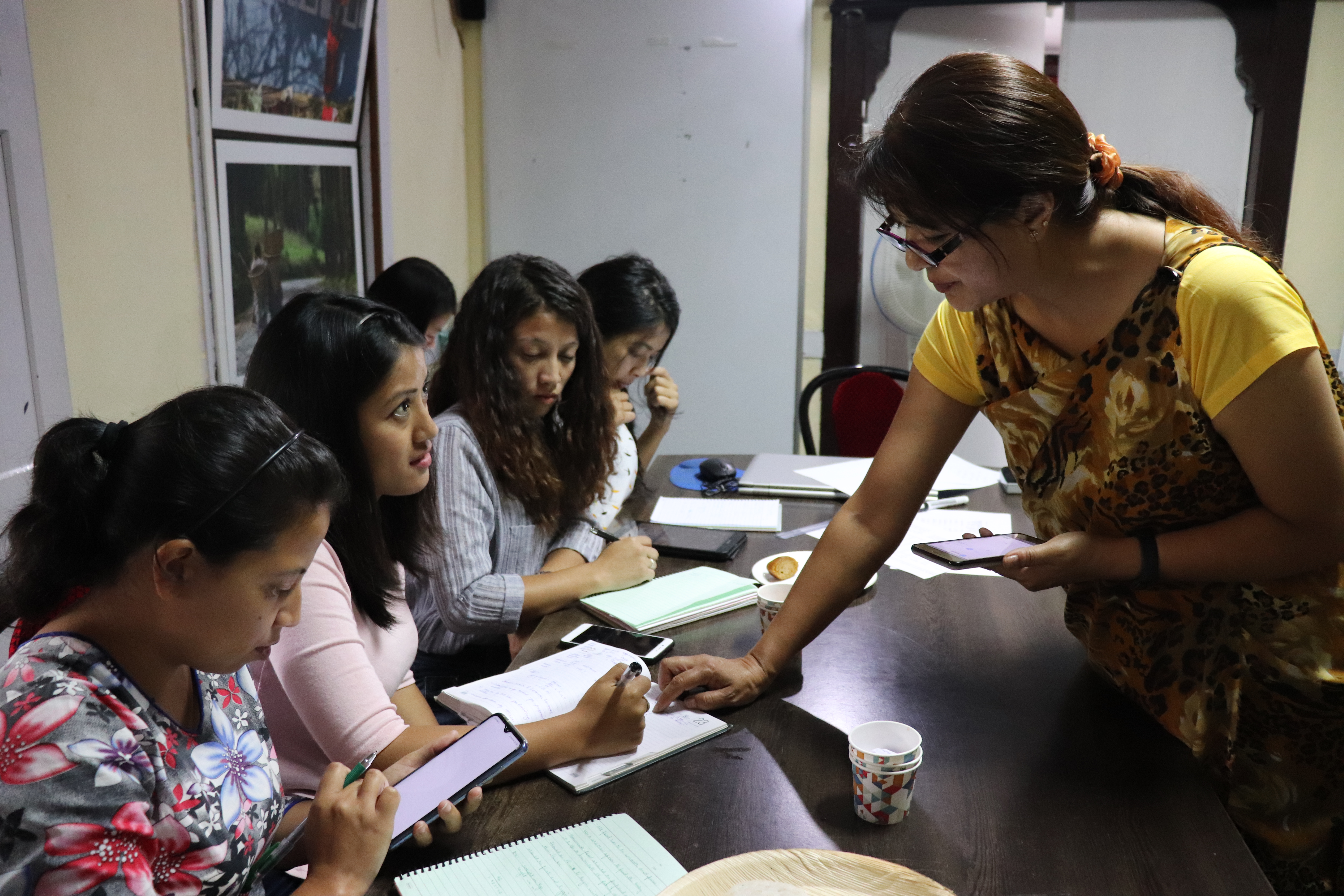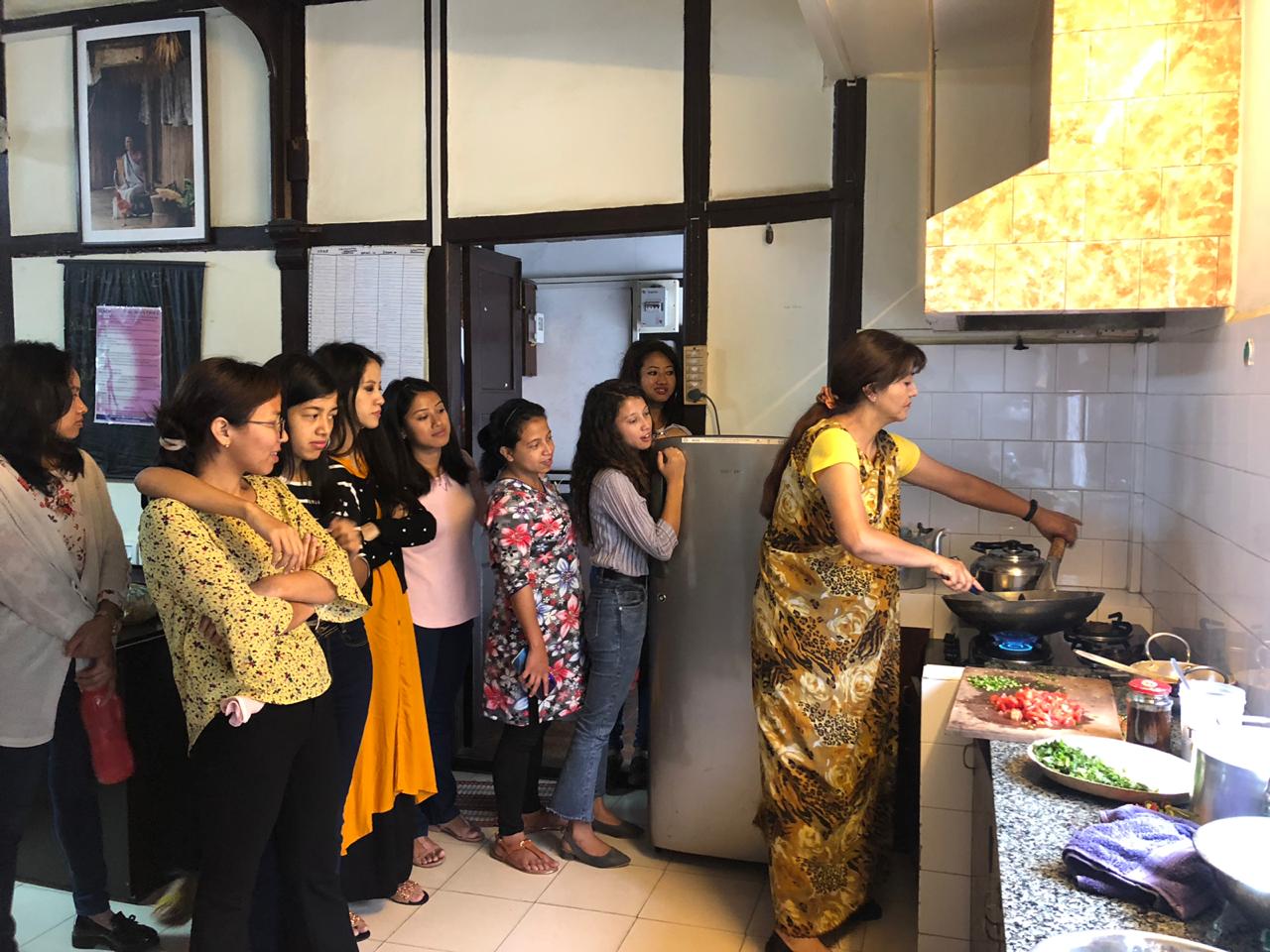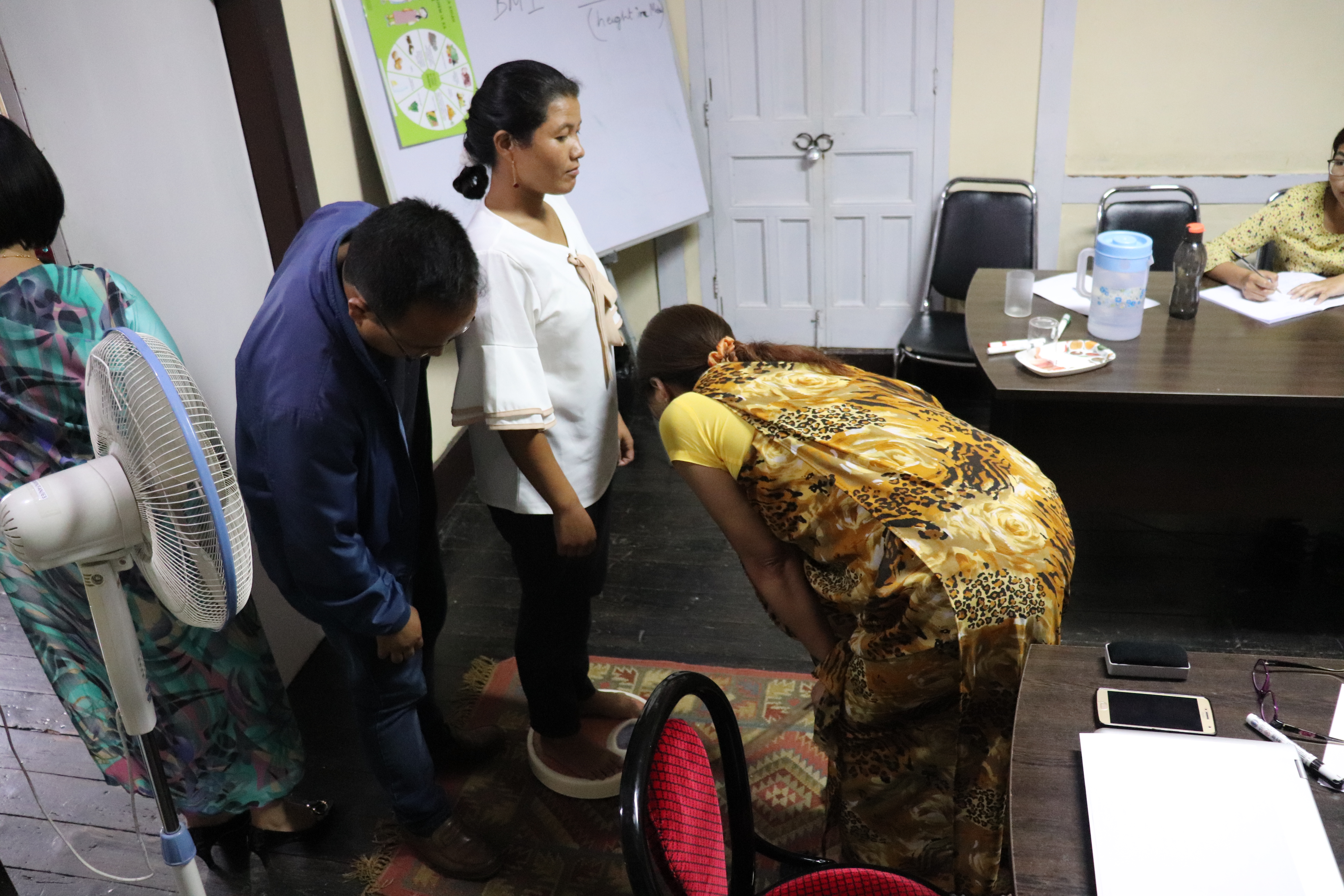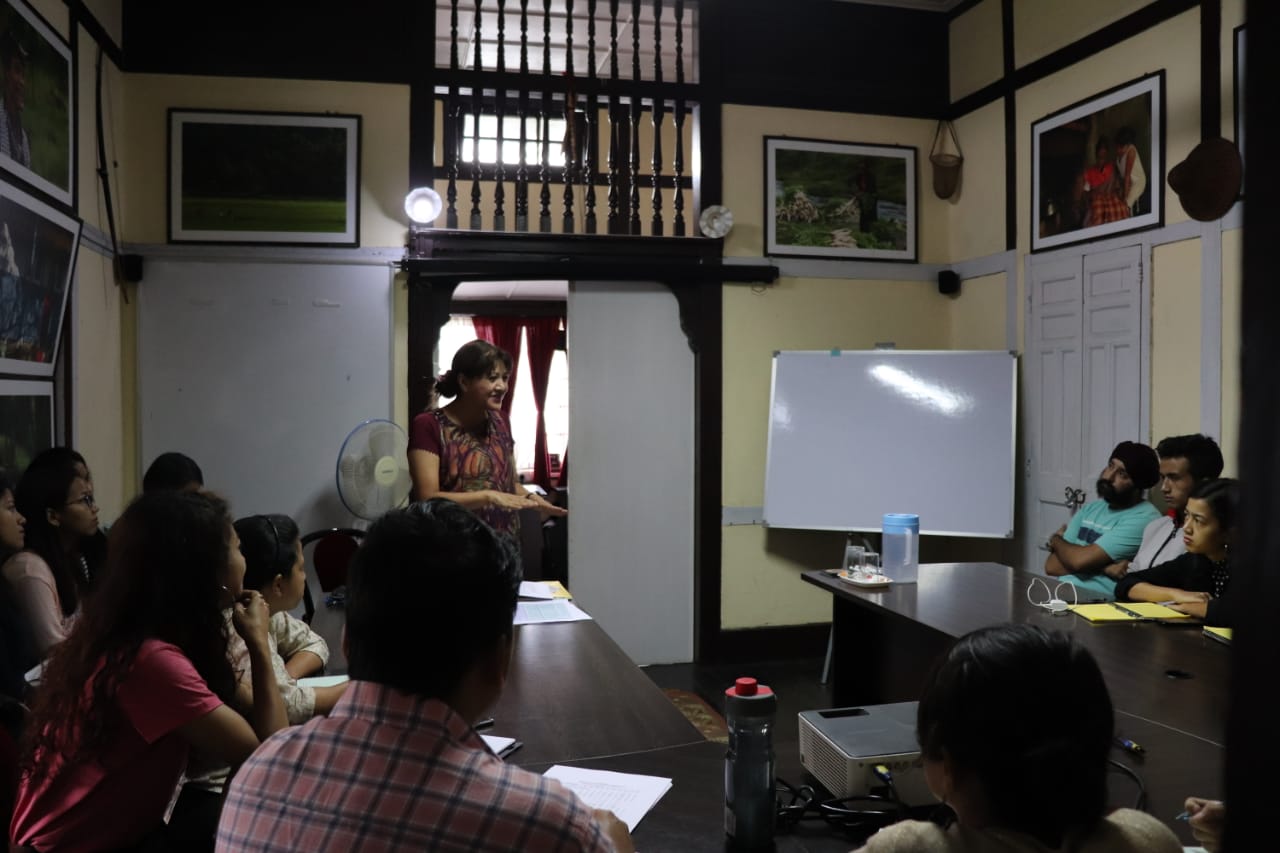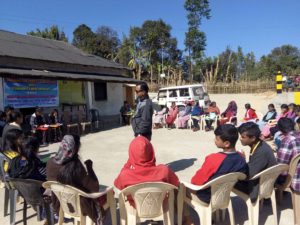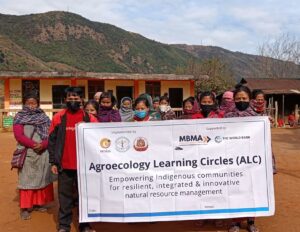NESFAS team participated in a two-day workshop on ‘Diet requirements for children, adolescents and women’, which was held on July 23 and 24 at the NESFAS office.
Lareena S Wallang, Retd. D.O., CFNEU, Shillong, facilitated the workshop for the two days and held cooking demonstrations as well. She said,
“Eat food to build the body and not to clear hunger,” .
On Day 1, Wallang spoke about the six components of a balanced diet. She elaborated in detail about the components of the balanced diet, what kind of food they consist of and how the NESFAS team can incorporate these into the diet of the community members.
NESFAS is currently working with 130 communities across the Northeastern region (Meghalaya and Nagaland) with a majority communities falling under Meghalaya, under the ‘No One Shall Be Left Behind’ initiative. Wallang guided the team how to approach the communities and get them to eat healthy in order to live a long and content life and also to meet the minimum dietary requirements.
She also spoke about the Recommended Dietary Allowances (commonly known as RDA), which is eating the right food that is directly proportional to the occupation, age, weight and height of a person
She also stressed on the importance of breast-feeding and how it is the only food that helps build up the body as a whole. Wallang emphasized on the kind of foods that pregnant and lactating women should eat. Towards the end of the day, she spoke about diet misconceptions among pregnant women where she suggested that women eat food with less smell.
After the sessions, a cooking demonstration was held at the NESFAS kitchen where the nutritionist demonstrated how to make kichdi (a rice and lentils dish, mixed with various vegetables) and a green eggless omelette.
On Day 2, Wallang spoke about the importance of baby foods. “A baby should be completely breast fed for at least six months and should also be fed after every two hours,” she said. Wallang explained about introducing various kinds of food to a baby during the first initial year. This helps in building a better nutrition system for the baby and also for him/her to getting adapted to the several food groups.
She briefly gave tips to the team about how they can reduce the amount of cooking time while preparing several dishes.
To break away from the interacting session, the team was asked to measure their height and weight where Wallang taught everyone how to calculate their Body Mass Index (BMI).
After the exercise, a cooking demonstration was held where she made unsweetened suji (semolina) using salt instead. Another demonstration was held post lunch, where she taught the team how to cook panjiri and then cerelac with it.
The concluding session consisted of interactions and queries that came about from the field team members, for better implementation of the lessons learned. It was a fruitful two days session and the team aims to kick-start the 1000 Days Campaign in the communities.

